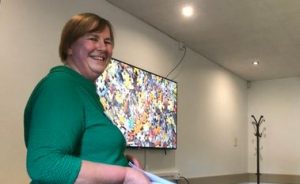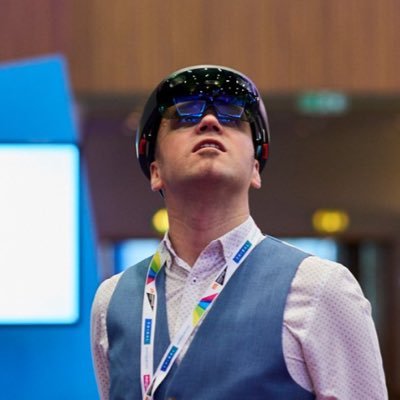The Connect More events are always a good opportunity to discuss digital practice with members and share approaches on how to tackle future challenges.
That intersection between practice and future challenges with tech is often a problematic relationship. Not only because it asks searching questions of ourselves and how we engage with tech, but also because it questions our willingness to change.
Change can often bring with it a range of anxieties for staff.
Questions such as:-
- How will the (emerging) tech affect my job role?
- Is the tech being used to enhance or replace teacher interactions?
- How will others perceive me if I’m not an expert with tech? How will I be perceived if I am?
All perfectly valid questions to consider. This year we wanted to focus on helping staff to unpack what future challenges they face with tech and (more importantly) what they are already doing well to meet those challenges.
Virtual and augmented reality in education
It feels like we have been talking about virtual and augmented reality for a long time. The difference is that now the tech has leapt out of the labs and into the hands of early adopters and started to become more widespread.

In the Connect More Wales Virtual and augmented reality in education session we asked the attendees: “Who has already developed virtual or augmented reality content for learners?” Although the majority hadn’t, there was an encouraging number that had. Examples included using virtual reality to help learners in health and scial care settings and Swansea university’s inaugural VR conference last year.
One of the key messages in the session was to consider carefully how virtual reality enhanced the learning experience. If virtual reality isn’t adding anything then why use it? Think about the story you want to tell. Immersive tech works best when the user lives the experience of someone else and faces their challenges first hand.
The Virtual Inclusion project developed by the OU is one such powerful example we used in the session because it tells the story from the perspective of three young people facing discrimination.
Future fit: bringing together digital practices, learning resources and libraries
This workshop looked at the very diverse – and sometimes outdated or inaccurate – perceptions which staff and students can have of their library or learning resources service. There is no standard template for what a library of the future should look like, as each needs to reflect the mission and needs of its community.
Discussions suggested that there is still a need to develop more understanding about the value of the library as a physical and digital space, about the full range of services provided and the challenges of balancing digital and non-digital provision. Above all, it’s important to recognise that libraries and learning resources services are about people.

Where can digital practice be found in libraries?
The short answer? Pretty much everywhere! Examples ranged from the bricks-and-mortar space (makerspaces, collaborative study areas) to the online library presence (VLE, institutional repository, e-books and journals and much more) not to mention the many systems required to open resources up to learners.
The key to holding all this together again often comes back to people, among many other things. Namely, the digital capabilities of library staff.
Perhaps not surprisingly, given the Connect More audience, most participants reported that the strongest collaboration was between the library and digital learning. It was good to see signs of strong collaboration with students too. Collaboration through organisations like WHELF in Wales and NoWAL in the North-West of England is also significant.
You can view the slide deck on Slideshare and explore some related resources on Wakelet.
Next steps and resources
Read our report on How might emerging technologies be relevant to the strategic challenges facing education and research?
Read Lis Parcell’s full blog post Creating the library of the future.
The Virtual and augmented reality in education workshop is a taster for a course introducing AR and VR in education, which is available as part of Jisc’s training portfolio.
Take a look at how Myerscough College is using virtul reality to simulate dairy farming.
Keep an eye on our website for links to all of the presentations and resources from #ConnectMore19.

